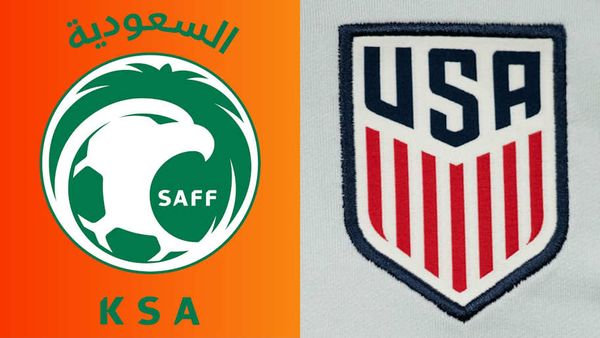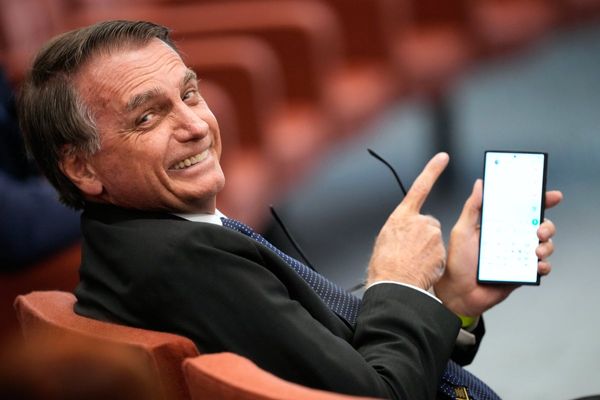
When Mauricio Macri took over as president of Argentina in December, investors cheered it as a turning point in the nation’s boom-to-bust narrative, a move that would kick-start cash flows back into the South American nation.
So why, eight months later, are so many foreigners still sitting on the sidelines?
That’s easy, says Geoffrey Pazzanese, who manages $325 million in emerging-market stocks for Federated Investors Inc. in New York. For all the talk of a more market-friendly Argentina, it’s still pretty tough for foreigners to buy local stocks and bonds, he said.
“The fact that Argentina is a frontier market isn’t going to stop me from investing there -- but capital controls are,” Pazzanese said. “Our team can’t have positions that we can’t divest from” right away.
To be sure, the new Argentina is light years away from its pre-Macri incarnation. Within six months of taking office, Macri had lifted the most onerous currency controls, leading the peso to tumble 34 percent, and reached a settlement to end a decade-long battle with holdout creditors from its 2001 default.
But residual restrictions remain. If you want to buy local securities, for example, you need to set up a bank account in Argentina. That’s no easy task. And forget about swooping in to make a quick profit. Money flows from foreign financial transactions have to stay put in the country for at least 120 days. While that’s down from a full year under Macri’s predecessor, Cristina Fernandez de Kirchner, Argentina appears to be the only nation among its biggest regional peers with any sort of limit, according to Deloitte LLP country reports.
Macri says some of that’s by design. “Financial flows that go in and out don’t help me very much,” he told Bloomberg TV last month at Idaho’s exclusive Sun Valley ski resort, one of many stop-offs on his world tour to sell South America’s second-largest economy to global investors.
To watch Bloomberg TV’s interview with Mauricio Macri, click here.
As much as stock and bond buyers would like to see every last currency control removed as quickly as possible, Macri’s probably smart to wait, said Christian Lawrence, a strategist at Rabobank in New York.
“The peso has moved from the least volatile to the most volatile currency within the region. And with interest rates at the level that they are, if they didn’t have rules like the 120 days, you’d see huge inflows from people looking to pick up ginormous interest rates,” he said. “A full removal just isn’t practical.”
Even so, it comes at a cost. Of the eight money managers interviewed for this article, seven said they’re holding back on investments, largely because of the controls but also because of high inflation and concern that the pro-market tone could change once again following mid-term elections in late 2017.
That isn’t to say cash hasn’t been flowing into Argentina. It has and in a big way. Foreigners dumped a net $869 million into so-called portfolio investments in Argentina in the first half of this year, compared with an outflow of $14 million in the previous six-month period, according to central bank data. That’s helped fuel a 32 percent rally this year for the benchmark Merval equity index, although a 12 percent drop in the value of peso against the dollar has eroded some of those profits for foreigners.
Guilherme Federico, a portfolio manager at Miami-based family wealth office Moto Capital Group Inc., is among investors still grappling with whether to set up a bank account on the ground to gain access to the market. He initially decided against it after looking at the options -- it just seemed too time consuming -- but he’s rethinking that decision after purchases of some notes were limited to locals. The yields on those securities, which rose to as high as 38 percent earlier this year, are among the motivators.
“We found it very complex and slow,” he said of the process. But it may make sense “to have the pipes open and ready to trade, so when it’s time to invest, we don’t have to spend time setting up the operation.”
(A previous version of this story was corrected to fix a label in the chart.)
--With assistance from Daniel Grillo and Isabel Gottlieb To contact the reporter on this story: Carolina Millan in Buenos Aires at cmillanronch@bloomberg.net. To contact the editors responsible for this story: Brendan Walsh at bwalsh8@bloomberg.net, Michael Tsang at mtsang1@bloomberg.net, Jessica Brice
©2016 Bloomberg L.P.







